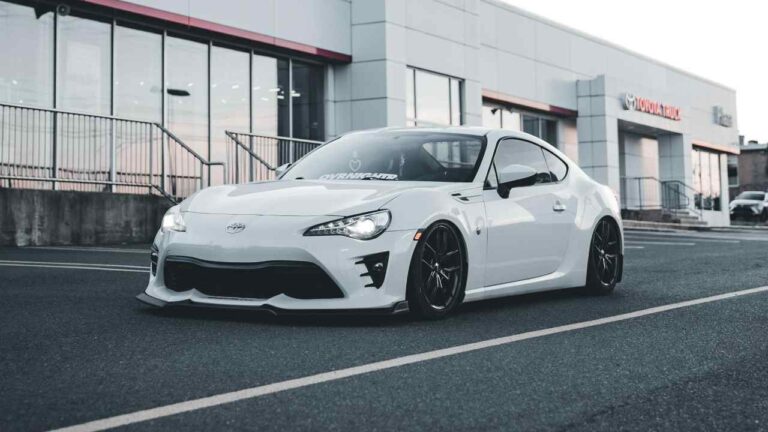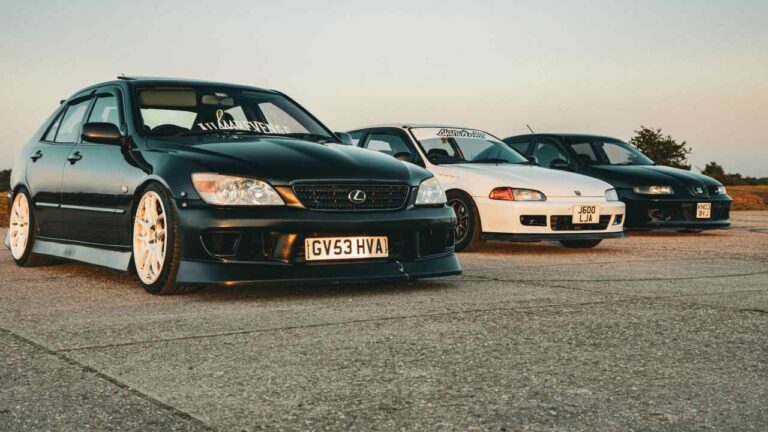
Buying your first car is an exciting milestone, but it comes with an important decision — should you purchase a brand-new car or go for a used one? Each option has its perks and drawbacks, and choosing the right path depends on your budget, lifestyle, and long-term goals.
This blog is here to walk you through the pros and cons of buying new and used cars, including financial considerations, so you’re equipped to make a confident choice.
The Advantages of Buying a New Car
A new car comes with a sense of pride — from that unbeatable fresh-car smell to the shiny exterior. But it’s not all about the sparkle. Here are some key benefits of buying new.
1. Warranty Protection
New cars come with manufacturer warranties that offer peace of mind for the first few years. These warranties often cover repairs, which means you won’t have to worry about surprising maintenance costs early in ownership.
2. The Latest Technology and Features
From advanced driver assistance systems (ADAS) to built-in infotainment screens, new cars are loaded with the latest bells and whistles. They also tend to have better fuel efficiency or even come in hybrid and electric options — a win for both your wallet and the planet.
3. Customization
With new cars, you have the freedom to choose the color, add-ons, and trim level that suit your tastes and needs. That perfect shade of blue? It can be yours.
4. Reliability
New cars undergo minimal wear and tear, ensuring fewer unexpected breakdowns. They’re also less likely to have inherent issues due to being in mint condition.
The Disadvantages of Buying a New Car
Of course, with all the glamour of a new car comes its downsides — primarily financial.
1. Depreciation Hits Hard
The moment you drive a new car off the dealership lot, it could lose up to 10-20% of its value, and by the end of the first year, depreciation could reach 30%. For budget-conscious buyers, this is a hard pill to swallow.
2. Higher Prices
New cars are significantly more expensive than used ones. Even the most basic new models tend to have higher upfront costs, making them less accessible to those on a tighter budget.
3. Higher Insurance Rates
Because new cars have higher values, they also cost more to insure. Expect heftier monthly premiums compared to a used car.
The Advantages of Buying a Used Car
Used cars have made huge strides in terms of reliability and quality, making them an excellent option for savvy buyers. Here’s why opting for a used car might be a smart move.
1. Lower Price Tag
Buying used means paying significantly less upfront. On average, used cars cost 50% less than new models, making ownership attainable without stretching your finances.
2. Slower Depreciation
Used cars have already taken the biggest depreciation hit. This means your car will retain more of its value over time compared to a new model.
3. Certified Pre-Owned Programs (CPO)
Reputable dealerships offer CPO vehicles that undergo rigorous inspections and often come with limited warranties. This combines the best of both worlds — like-new quality without the new-car price tag.
4. More Options Within Your Budget
With a used car, your budget can stretch further. You could afford higher-end models or cars with premium features that wouldn’t be accessible if buying new.
The Disadvantages of Buying a Used Car
However, buying used isn’t without its risks. Here are some challenges to consider.
1. Maintenance and Repair Costs
Depending on the car’s age and mileage, you might face higher maintenance and repair expenses. Not all used cars have clean histories, so it’s crucial to do your homework.
2. Limited Selection and Features
You’ll likely have fewer choices when shopping for a used car, especially when it comes to specific colors or trims. Plus, older models may lack modern technology or safety features, such as blind-spot monitoring or smartphone connectivity.
3. Uncertainty About History
Even with vehicle history reports, some issues (like hidden accidents or flood damage) can go undetected. Working with a reputable dealer and getting a professional inspection are musts.
Key Financial Considerations
Your budget is more than just the sticker price of the car — there are ongoing costs to factor in.
1. Insurance Costs
As noted earlier, used cars tend to have cheaper insurance premiums since the car’s value is lower. Be sure to compare rate quotes for similar models across new and used options.
2. Financing Options
New cars often come with attractive incentive programs like 0% financing, which can make monthly payments manageable. However, used cars typically come with less favorable interest rates, so review loan terms carefully.
3. Maintenance and Repairs
With a new car, you’ll likely enjoy a few years of minimal maintenance, thanks to its warranty. However, the lower upfront costs of a used car mean you should allocate part of your budget toward future repairs or part replacements.
4. Taxes and Registration Fees
New cars typically come with higher taxes and registration fees due to their higher market value. Used cars, on the other hand, can lead to significant savings in these areas.
What’s the Right Choice for Your Budget?
Choosing between a new or used car comes down to your specific financial situation, preferences, and tolerance for risk.
- If you have a higher budget and value peace of mind, reliability, and the latest features, a new car may be your best bet.
- If you’re looking to save money, minimize depreciation, and get great value for your bucks, go for a used car—but make sure you get it inspected.
No matter what you choose, always evaluate your total cost of ownership, including financing, insurance, and future maintenance.
Final Tip
Before making your decision, test drive the car, ask plenty of questions, and consider getting advice from an expert. With a thoughtful approach, you’ll soon be driving off in the car that’s perfect for your lifestyle — and your wallet.




